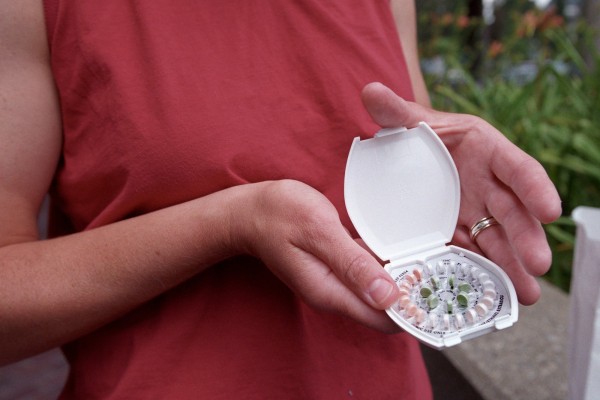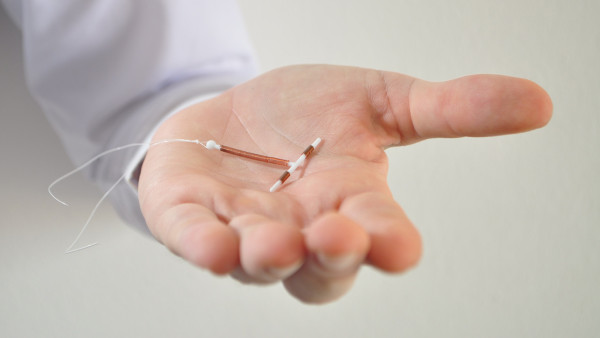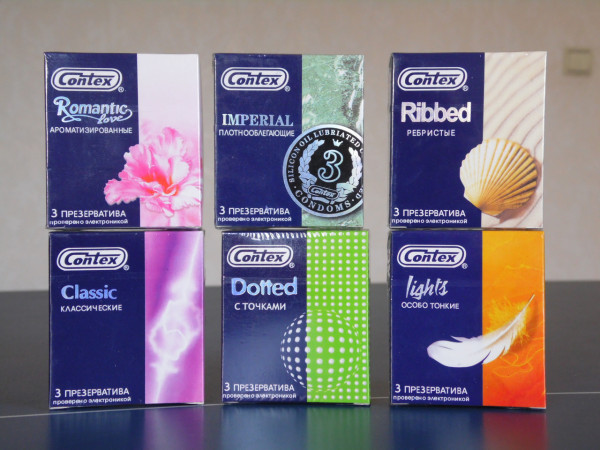"Sins Without Consequences": Methods of Effective Contraception
Now everyone knows about contraception. Modern couples decide for themselves when to have a child and what method of contraception to use. Each of the modern methods of preventing unwanted pregnancy has its positive and negative sides.
Content
Contraceptive methods
Contraception helps to avoid abortion, which can lead to gynecological diseases, and reduces the risk of death among infants and mothers. There are contraceptive methods that can help you cope with gynecological diseases, infertility, or osteoporosis.
The choice of this or that method of contraception is a purely personal matter. A specialist will help you decide on the method that is right for your pair. But before the consultation, it will not be superfluous to find out which method of contraception is applicable for a particular case.
There are hormonal, barrier, intrauterine, natural and surgical methods of protection. Each method is different in its effect and effectiveness.
Birth control pills
The most common and one of the safest methods of contraception is the pill. This is a convenient and effective method of contraception that gives a woman freedom of choice in planning the time of her pregnancy. When taken correctly, birth control pills are more than 90% reliable. However, controversy over the safety of hormonal contraceptives continues to this day.
 Modern birth control pills are based on the action of the hormones progesterone and estrogen, they are called combined oral contraceptives, or progesterone only, which are called mini-pills. These hormones are produced in the female body during pregnancy and reduce the production of hormones responsible for the maturation of follicles. Therefore, ovulation does not occur. This is the principle behind KOC.
Modern birth control pills are based on the action of the hormones progesterone and estrogen, they are called combined oral contraceptives, or progesterone only, which are called mini-pills. These hormones are produced in the female body during pregnancy and reduce the production of hormones responsible for the maturation of follicles. Therefore, ovulation does not occur. This is the principle behind KOC.
Under the action of mini-pili, the secretion of the cervical canal thickens and the mucous membrane of the uterus becomes loose. Therefore, sperm are not able to fertilize an egg, and it does not attach to the wall of the uterus. With the correct use of birth control pills, a woman is almost 100% protected from unwanted pregnancies. In addition, these funds allow you to regulate the menstrual cycle, relieve women of menopause syndromes, relieve acne and unwanted facial hair, reduce the likelihood of cancer.
With the termination of the use of contraceptive pills, the woman's body returns to normal and after a few months pregnancy is possible.
It is imperative to choose birth control pills with your doctor. Before the appointment, it is imperative to undergo a hormone test, according to the results of which the doctor will prescribe the right drug for you. You cannot use birth control pills on your own.
Intrauterine device
Another popular and very effective contraceptive method is the intrauterine device. The principle of this method is based on the impossibility of pregnancy due to the presence of a foreign body in the uterus. This method has been known and used for a long time. If the egg is fertilized, then it does not attach to the walls of the uterus, and it is aborted in the second half of the menstrual cycle.

Modern IUDs are usually T-shaped and made from special formulations that can contain hormonal substances. The IUD is installed only in a medical institution after a medical examination. At the same time, a woman should not have any inflammatory or infectious diseases of the genital area.
The use of an IUD has several contraindications:
- neoplasms in the genitals;
- cervical injuries sustained during childbirth;
- a previous ectopic pregnancy;
- blood diseases.
It should be noted that the IUD can provoke an ectopic pregnancy, there may be strong discharge during menstruation.
Contraceptive patch
Another fairly effective method of contraception, developed in recent years, is a contraceptive patch. Its principle of action is the same as that of the contraceptive pill. The difference is that the tablets need to be taken at the same time every day, and the patch needs to be applied once a week. The first time the patch is stuck on the day your period begins. After a week, the old plaster must be removed and a new one must be glued on.
 The advantage of this method is, first of all, convenience. There is no need to somehow specially prepare for sexual intercourse, no special skills in applying the patch are needed, there is no risk of ectopic pregnancies and other complications.
The advantage of this method is, first of all, convenience. There is no need to somehow specially prepare for sexual intercourse, no special skills in applying the patch are needed, there is no risk of ectopic pregnancies and other complications.
The main disadvantage of contraceptive patches is their high cost. For example, for a package of such plasters, which will last only for a month, you will have to pay over $ 12. Another drawback is the ability to peel off the patch at the most inopportune moment. And although the manufacturers assure the resistance of the patch to the effects of water and sun, in practice the situation may be different.
Barrier contraception
The essence of the method of barrier contraception is to prevent sperm from entering the egg. There are many types of barrier contraception. These include the long-known male condoms, female cervical caps and diaphragms, and sperm-destroying agents.
 This method is suitable for women who, for one reason or another, should not use the contraceptive pill or IUD. For example, when breastfeeding, in the absence of a permanent sexual partner, or in diseases that preclude the use of an IUD.
This method is suitable for women who, for one reason or another, should not use the contraceptive pill or IUD. For example, when breastfeeding, in the absence of a permanent sexual partner, or in diseases that preclude the use of an IUD.
Many couples refuse to use barrier contraception, despite the fact that they have very good contraceptive effect. This is explained by the fact that they must be applied immediately before intercourse, which reduces the brightness of the sensation.
Natural contraception
Such methods of contraception are based on the refusal of sexual intercourse on the days when a woman can become pregnant. Several methods are used to define this phase.
The most effective of these is the calendar. It is based on long-term observations of the duration of the menstrual cycle. The fertile phase is then calculated using this formula. The beginning of the fertile phase - subtract 18 from the number of days in the shortest cycle. End of the fertile phase - subtract 11 from the number of days in the longest cycle. This is the most accurate method of natural contraception.
A method is also used to determine the basal temperature and the state of cervical mucus.
Natural contraception methods are only suitable for women who are in perfect health and, above all, have a regular cycle. And even in such circumstances, natural methods cannot provide a high degree of protection against unnecessary pregnancy.
Other methods of contraception
In addition to the above methods of contraception, several other methods are used. This is surgical contraception. It involves the surgical sterilization of men and women and induces artificial infertility. This method is completely effective, but it has irreversible consequences.
In special circumstances, emergency contraception may be used. It is used within three days after unprotected intercourse has occurred. Its essence consists in taking a shock dose of hormones, which does not allow pregnancy even with fertilization of the egg. This method can only be used in extreme circumstances, such as after a rape. The drugs used for this method have a profound effect on a woman's health.
Preventing pregnancy: the best options
The selection of the best option for preventing pregnancy is a purely individual matter. There can be no single answer here. It is necessary to take into account many factors - the state of health and age of the woman, the presence of a regular sex life, the presence of children. Having thought everything over and consulted with a specialist, you can finally make your choice in favor of one or another method of contraception.



